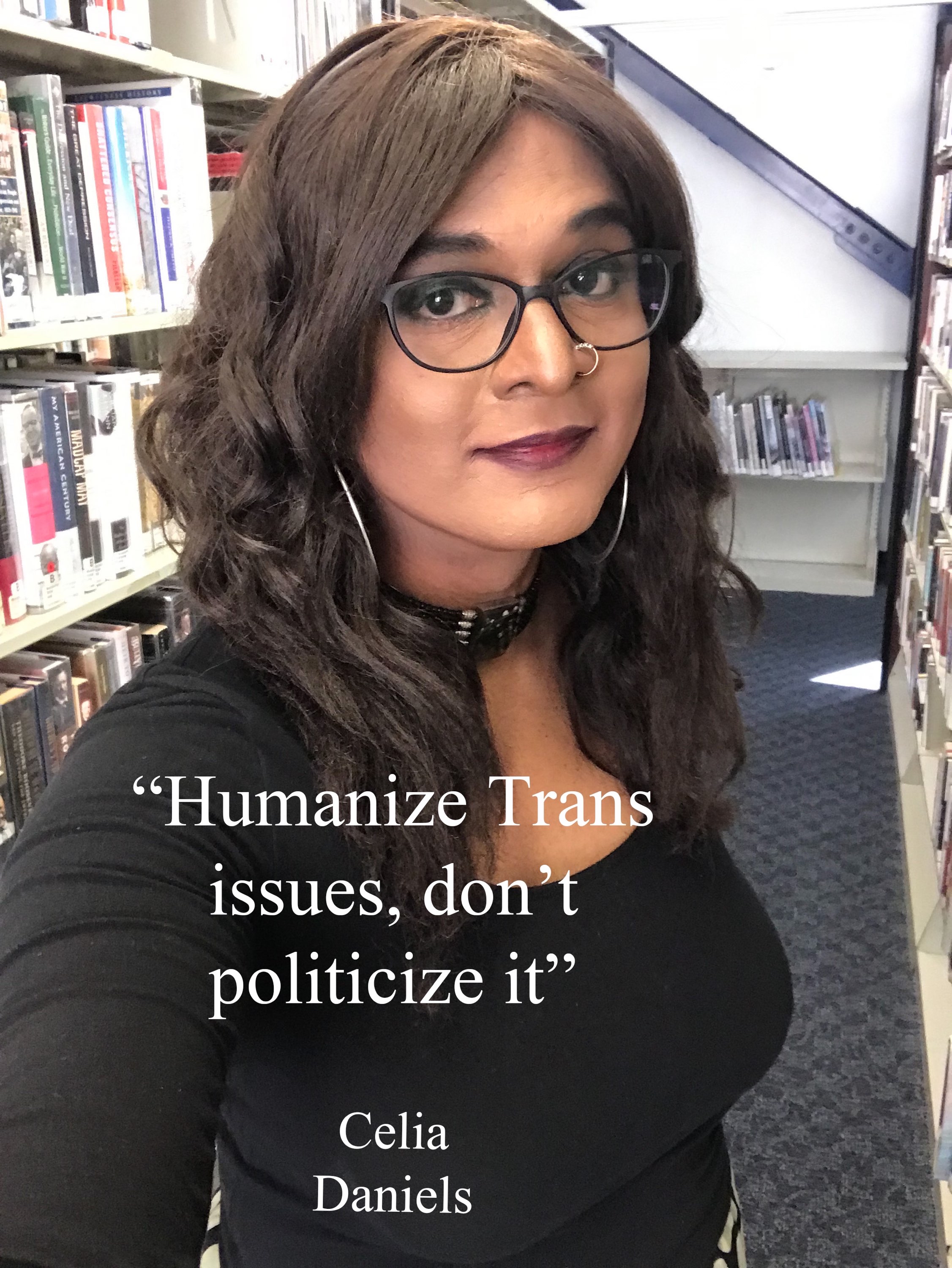How to organize an inclusive conference
- Rebekon Consulting LLC

- Sep 4, 2024
- 2 min read

Trans and gender-diverse individuals often feel unwelcome at conferences that lack a focus on inclusivity, as these events may not address their specific needs or create a safe, supportive environment. The location of the conference plays a critical role in this, with states that push back against trans and gender-diverse rights creating additional barriers. Such locations can foster discomfort or discrimination, making trans and gender-diverse presenters and participants feel unsafe or excluded. To foster a more welcoming atmosphere, organizers should prioritize inclusivity in both event planning and location selection, choosing places that support and respect trans and gender-diverse rights.
An inclusive conference where trans and gender-diverse identities feel welcome requires thoughtful planning and implementation of practices that promote respect, equity, and safety. Here are some key steps to consider:
1. Inclusive Language and Representation
Use Gender-Neutral Language: In marketing materials, conference schedules, and communications, use gender-neutral language (e.g., “they/them” pronouns, “everyone” instead of “ladies and gentlemen”).
Diverse Speaker Lineup: Ensure trans and gender-diverse individuals are represented as keynote speakers, panelists, and facilitators.
Pronouns: Allow attendees to include their pronouns on name badges and in online profiles. Train staff to ask and respect people’s pronouns.
2. Accessible and Inclusive Facilities
Gender-Neutral Restrooms: Provide clearly marked gender-neutral restrooms or ensure all restrooms are safe and accessible for trans and gender-diverse attendees.
Inclusive Accommodations: Work with hotels and accommodations to ensure they provide gender-inclusive housing options for attendees.
3. Safety and Privacy
Safe Spaces: Designate safe zones or breakout spaces where trans and gender-diverse individuals can gather, network, or take a break.
Privacy Protections: Respect the privacy of trans attendees by not requiring them to disclose personal information (e.g., gender markers or legal names) unless necessary.
4. Inclusive Programming and Content
Dedicated Sessions: Offer sessions that focus on the unique challenges and experiences of trans and gender-diverse communities, covering topics such as workplace inclusion, healthcare, and legal rights.
Workshops on Allyship: Include workshops that educate non-trans attendees on how to be effective allies to trans and gender-diverse people.
5. Cultural Competency Training for Staff
Train Staff: Provide cultural competency training for all conference staff and volunteers, focusing on trans-inclusive practices such as pronoun usage, addressing microaggressions, and ensuring safe, respectful interactions.
6. Supportive Policies
Anti-Discrimination Policy: Ensure the conference has a clear anti-discrimination policy that specifically includes protections for gender identity and expression.
Code of Conduct: Develop a code of conduct that outlines expected behaviors and consequences for harassment or discrimination based on gender identity or expression.
7. Inclusive Registration and Materials
Flexible Registration Forms: Allow attendees to enter names and pronouns that may not match their legal documents. Avoid forcing binary gender options.
Accessible Materials: Ensure that all materials (brochures, apps, websites) are accessible and respectful of all identities, avoiding misgendering or exclusionary language.
8. Community Involvement
Engage Trans and Gender-Diverse Experts: Involve trans and gender-diverse individuals in the planning process to ensure the event meets their needs and concerns.
Scholarships and Reduced Fees: Offer scholarships or sliding-scale registration fees for trans and gender-diverse attendees, especially those from marginalized or low-income backgrounds.
Creating a truly inclusive environment requires commitment, flexibility, and a willingness to learn from feedback, making the event a welcoming and safe space for everyone.




Comments